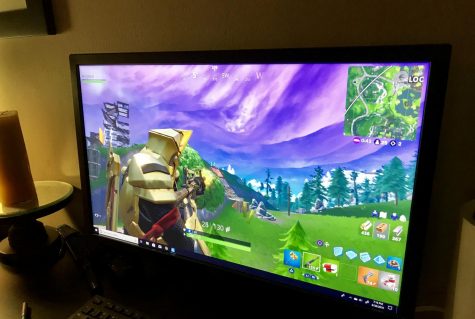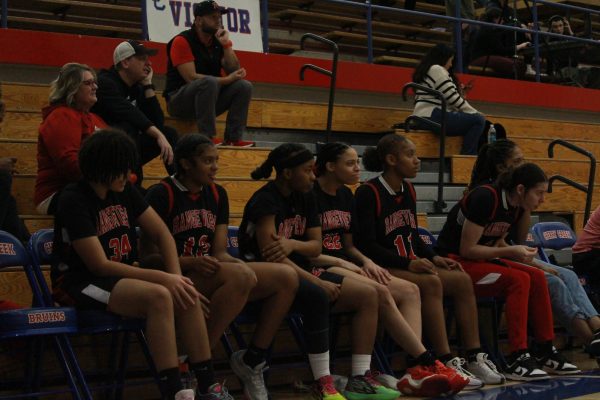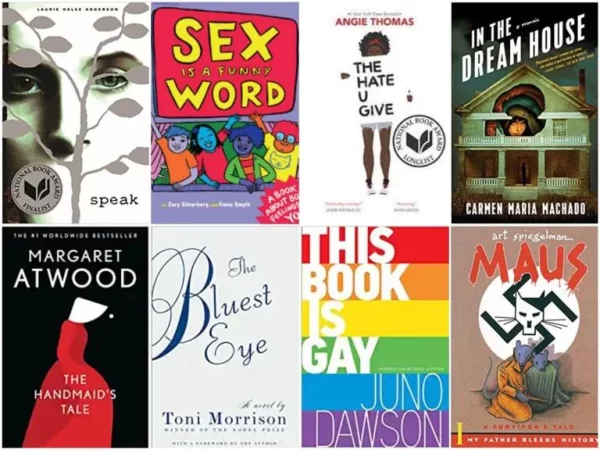Beyond the Pixels: Do Violent Video Games Cause Real Life Violence?
A PlayStation controller feels so familiar in the hands of most students. Many are familiar with video games, and the violence that many of them contain. (Dylan Tressider)
September 6, 2019
“Shelter in place, this is not a drill.”
Those words rang all throughout Rangeview High School on November 2nd, 2018.
In recent years, video game usage and the amount of shootings that occur throughout America have significantly risen, and some choose to argue that they could be related.
However, there are many causes and correlations between all the different types of people that perpetrate these acts of violence, and only some choose to draw that one unexpected line in particular.
Video games.
These days, most students (especially in high schools) have played a violent video game or currently play one, or probably even several. But, not every student is a violent and psychotic murderer. Why is that?
Conflicting Statistics
Studies have shown that 60% of middle school boys who played an M-rated video game hit or beat someone up, whereas only 39% of middle school boys who did not play an M-rated video game did the same thing who did not play M-rated video games, according to an excerpt from the book Grand Theft Childhood.

However, on the contrary, game hardware and software usage has increased 204% from 1994 to 2014, and in that same time period, violent juvenile crimes fell 37% and murders of lone juveniles also fell 76%, according to the Office of Juvenile Justice and Delinquency Prevention.
It’s unlikely that virtual interactions directly correlate to violence in real life, but with these confusing statistics, is there a possibility that video games actually are linked to a spike in violence?
Some researchers and adults in general believe the answer is yes, though many would just as much disagree.
The Divide
Some find video games cause violence, and others, on the other hand, do not.
“No, I don’t feel like video games cause violence. In my opinion, older people don’t understand video games and shame them because they don’t grasp it. Video games have helped many people in many different ways, such as coping with stress, home life, and even school,” Sophomore Scott Philips said.
There is even data to support this opinion. According to a research paper published by The Royal Society, there is no clear or direct relation between violence and video game usage.
In fact, it could even be argued that video games have done nothing but decrease the amount of violence in our society. For example, the amount of high school students who had been involved in a physical altercation decreased from 43% in 1991, all the way down to 25% in 2013 according to the National Center for Education Statistics.
However, there are some that would say such numbers are little more than coincidences.
“In a way, violent video games can sometimes cause violence. My cousin goes crazy when he plays Fortnite. He hits his phone and consoles,” Sophmore Nicolle Nguyen said.
A study published by Psychology of Popular Media Culture found that 90% of pediatricians either agreed or strongly agreed that violent video games can increase aggressive behavior in children.

Some people– parents especially– believe so strongly that violent video games cause an increase in violence that the debate was even brought to the Supreme Court in Brown v. Entertainment Merchants Association (2011). The court ruled 7-2 that there was not enough evidence to support that violent video games led to an increase in violent behavior, at least not enough to where it could be made illegal to sell the games to minors. They are protected by the first amendment.
Regardless of any numerical quantity though, perhaps it’s most important to take the opinions of those who are actually most affected by playing these games. That is, the children who play them.
“No, I don’t feel more prone to violence when I play video games. Violent video games make me want to avoid violence more because I see how much damage and destruction violence can cause,” Senior Nathaniel Crossman said.
In addition to all this, though, there is still one important thing that is often overlooked; video games come with maturity ratings such as M for Mature or E for Everyone. And, as Scott Philips added, “If the child doesn’t fit those ratings, then it’s the parents being neglectful.”
In the end, the debate of whether or not violence in video games translates to an increase in violence in real life may remain unsolved, but the most important thing to remember about any video game is that at the end of the day, it’s just that–
A video game.





















